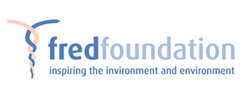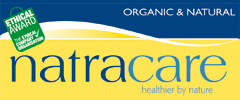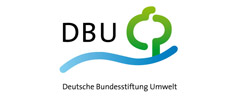Denmark bans 4 phthalates from consumer products
After banning Bisphenol A in children's food containers and two parabens in children cosmetics, Denmark proves once again a frontrunner among EU Member States in the phase out and substitution of endocrine disrupters
24.08.2012 |Elizabeth Ruffinengo

Children's cosmetics tested for a WECF consumer test in 2011
Before taking action at national level, Denmark had proposed a restriction of the combination of the 4 phthalates at EU level. This restriction under REACH had been rejected by ECHA (European Chemicals Agency). Without denying the existence of risks of combined exposures to chemicals with similar action, ECHA decision bodies "had seen no risk in a combined exposure to the 4 phthalates, since they will be subject to REACH authorization regime in coming years". Where Denmark sees a need for swift action, the EU seems so far to prefer a slower approach.
NGOs satisfied with national measures on EDCs
The Danish Consumer Council is pleased with the decision to go ahead at national level. "Phthalates have been suspected to cause endocrine disruption in humans for decades and several of them have already been banned in toys. The Minister is doing the right thing by banning the substances in other consumer products as well", says Claus Jørgensen, Senior Policy Advisor at the Danish Consumer Council.
Denmark’s approach and action on EDCs reflects the call of the scientific community to take action on known EDCs to reduce populations’ exposure. “The hesitation of the European Union to move forward and generalize measures such as the one recently taken by Denmark is surprising, all the more when big companies, such as Johnson & Johnson announce the phase out of certain endocrine disrupters from their products. It is urgent to act now to protect the health of populations tomorrow.”, says Anne Barre, President of WECF France.
Related News
Meet the Winners of the Gender Just Climate Solutions Award at COP24
On the 70th anniversary of the Universal Declaration of Human Rights, we awarded Gender Just Climate Solutions Winners at the climate negotiations in Katowice, Poland
11.12.2018
Invitation: Gender Just Climate Solutions Award 2018
10 December, COP24 Katowice
04.12.2018
Getting to the Future We Want
4-7 November, Brussels: European Environmental Bureau’s (EEB) Annual Conference
12.11.2018
GoodFood4All
WECF and partners all over Europe start GoodFood4All Campaign
06.11.2018
#Ruralwomen: join our Women2030 campaign!
15.10.2018






































